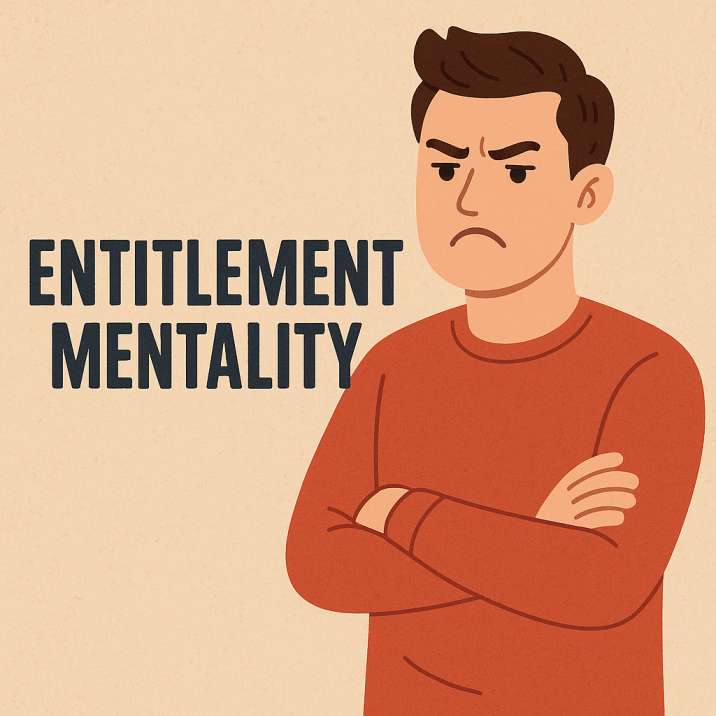Mental well-being is often ignored or misunderstood in many African communities. Despite growing awareness, deep-rooted stigma and misinformation still suppress discussions and limit access to professional care. Those struggling with depression, anxiety, or other mental health conditions are often forced to endure their battles alone, fearing judgment, exclusion, or even rejection from their own families.
The Harm of Stigma: A Crisis Ignored
Why does mental illness remain taboo in Africa? Many cultures associate it with weakness, spiritual punishment, or supernatural forces. This outdated thinking has left countless individuals suffering in silence instead of receiving desperately needed help. Too often, those experiencing mental health struggles are told to “pray it away” or seek traditional healers rather than consulting medical professionals. While faith and culture play essential roles in African societies, dismissing medical intervention can be dangerous.
In Nigeria, conditions like schizophrenia or bipolar disorder are often mistaken for possession or witchcraft. Many are locked away, disowned, or sent to faith-based camps where they are subjected to harmful practices such as chaining, physical abuse, and forced fasting—all in the name of healing. These inhumane treatments not only violate human rights but also discourage others from coming forward and seeking proper care.
The Real Cost of Silence
Neglecting mental health has far-reaching consequences beyond individual suffering. When mental illness goes untreated, it leads to reduced productivity, increased poverty, and higher suicide rates. According to the World Health Organization, Africa has some of the highest suicide rates globally, yet funding for mental health services remains shockingly low.
Take South Africa, for instance. While urban areas offer access to psychiatric care, those in rural and lower-income communities often have nowhere to turn. The fear of being labeled “crazy” prevents many from even acknowledging their struggles. Without proper intervention, the crisis only deepens, leaving individuals trapped in an endless cycle of suffering and shame.
The good news? Change is happening. Across Africa, mental health advocates, organizations, and even celebrities are speaking up. In Kenya, activist Sitawa Wafula has led groundbreaking conversations about mental health, pushing for policy changes and public awareness. Social media campaigns, storytelling initiatives, and grassroots movements are slowly shifting perceptions, proving that mental health is just as important as physical health.
Governments must act now. Increased investment in mental health care, education, and training for healthcare workers is essential. Schools should integrate mental health discussions into their curriculums, and communities should establish accessible, affordable counseling services.
But change doesn’t start only at the top—it begins with us. Families and individuals must create environments where talking about mental health is as normal as discussing any physical illness. Seeking therapy should never be a source of shame but a step toward healing and strength.
The time for silence is over. Africa cannot afford to ignore mental health any longer. The conversation must continue, and the support must be real.
Written By: Miracle Amadi



